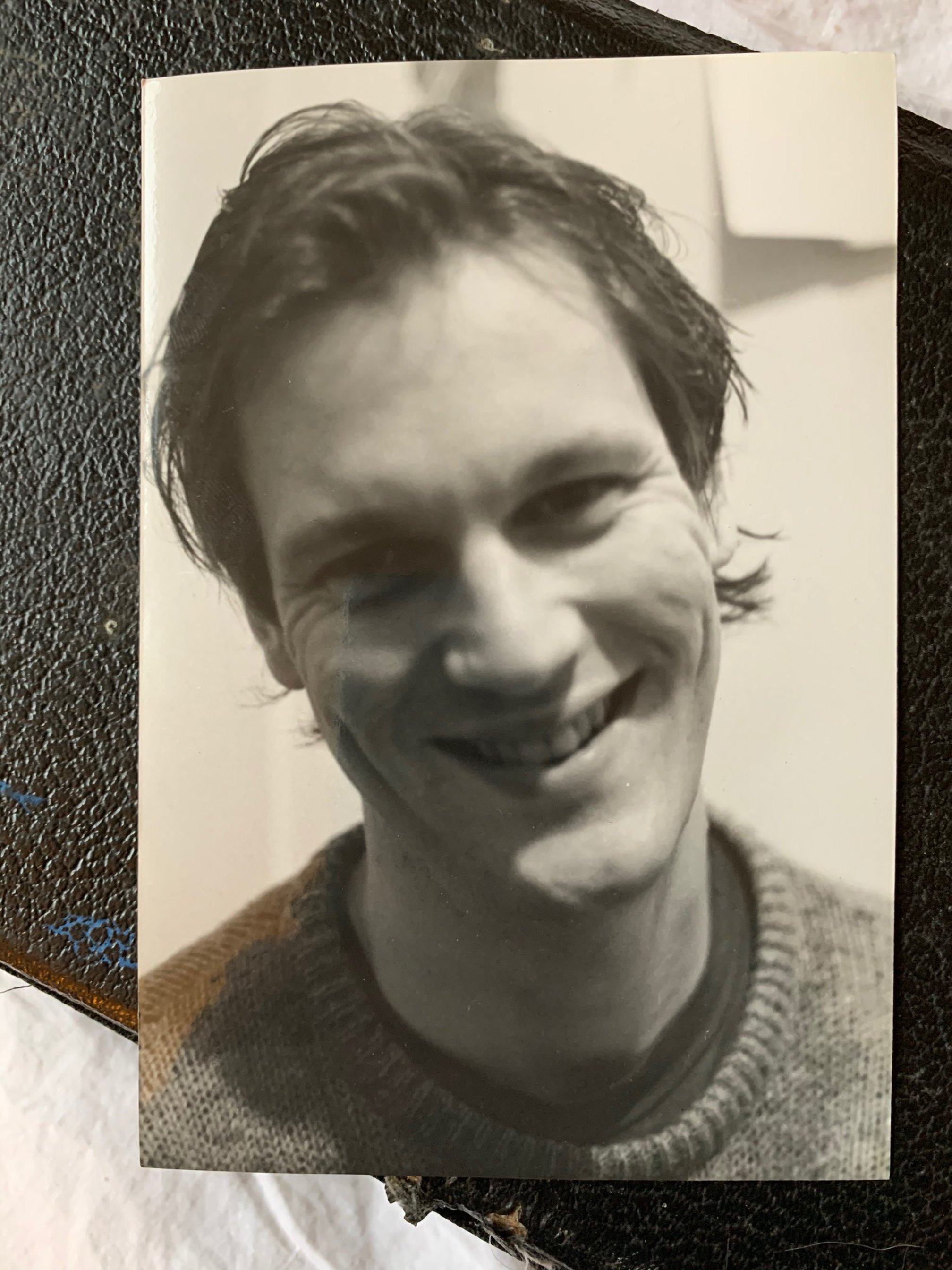Grief Stick Chapbook
Recordings of some of the poems in the GRIEF STICK chapbook (Picture Frame Press) are featured in the film — the film and chapbook are integral to each other.
40 pp, 5.5 X4.25 limited edition of 100. Picture Frame Press. $10. See also link. Mature content.
The chapbook is now in its second printing. It’s sold at Up Up Books and Powell’s Books, and at selected screenings.
“Her poetry is ecstatic, tender, vulnerable, fierce, and wholly unique. When I think of Alex there’s not another writer she reminds me of. If I were to compare her work as a poet it would have to be a comparison to some sort of mix between the late, great, visual artist Carl Andre and the band Public Image Limited or a mash-up of Patti Smith and the band Minor Threat.” — Matthew Dickman



